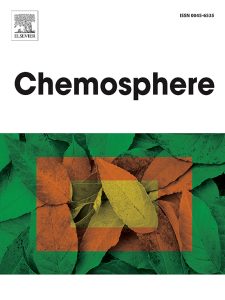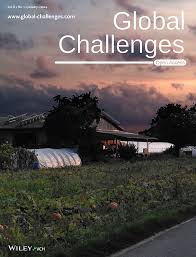Web of Science, Clarivate’s influential database of abstracts and citations, has paused indexation of new content from the open-access journals Heliyon and Cureus, apparently due to concerns about the quality of their articles.
Indexation in WoS or Scopus, another major bibliometric database owned by Elsevier, has become an important stamp of approval for scholarly publications worldwide and can make or break a journal.
WoS is “making a big call here, taking aim at two of the mega-journals that have grown massively in recent years,” said Nick Wise, a scientific sleuth and a researcher at the University of Cambridge in the United Kingdom. “WoS appears to be one of the only organisations with the power to compel big publishers to act. I don’t think that’s a sign of a healthy academic publishing system, but it’s how things are currently.”
Continue reading Web of Science puts mega-journals Cureus and Heliyon on hold








